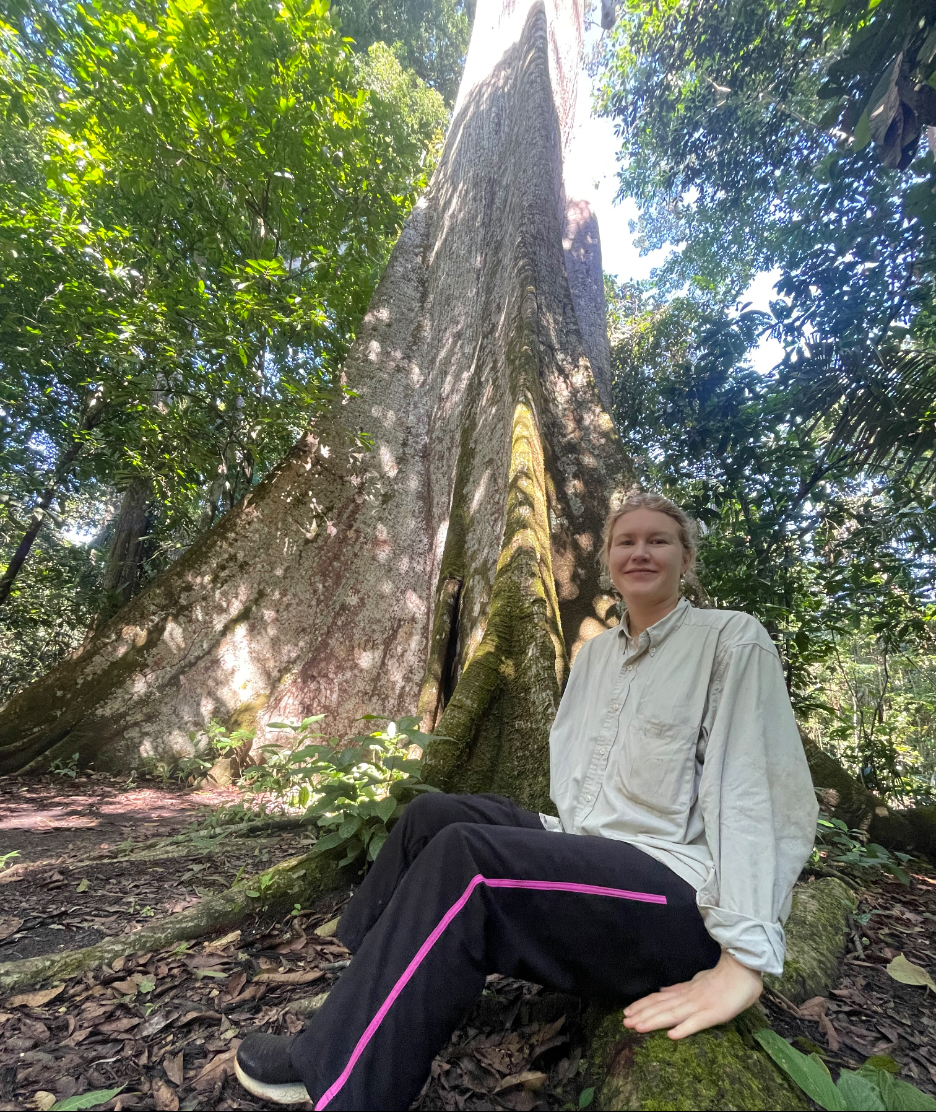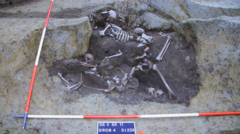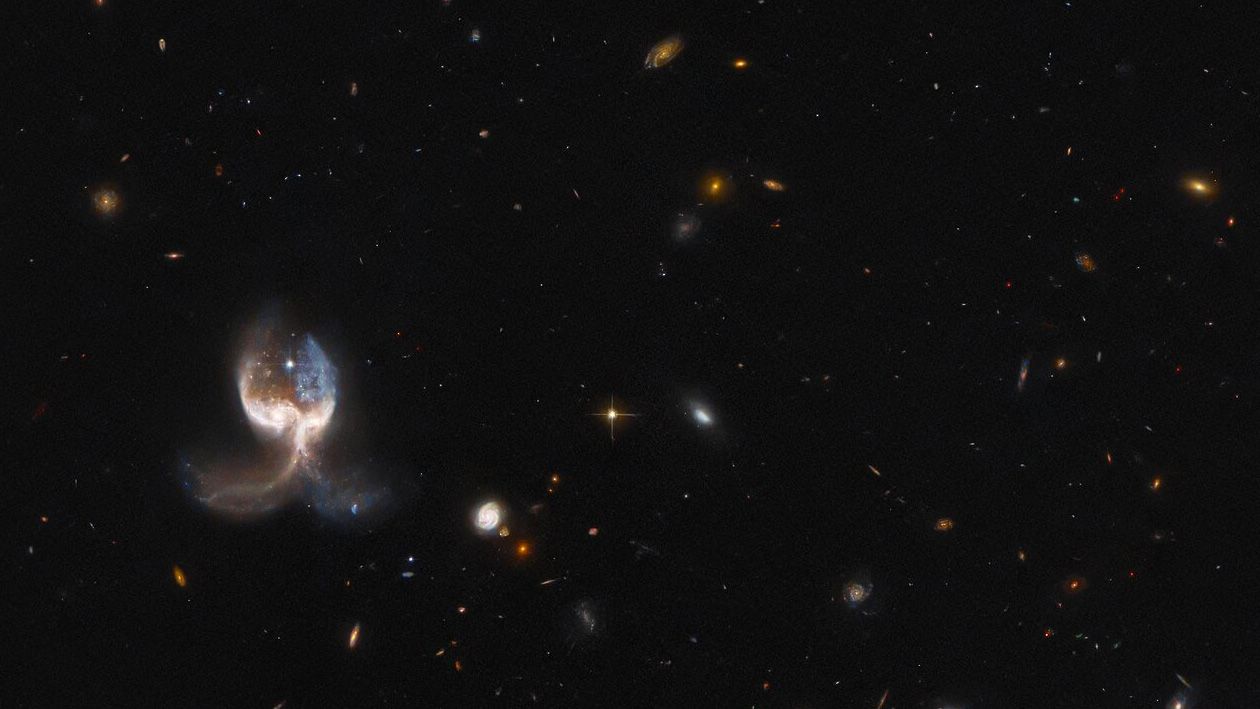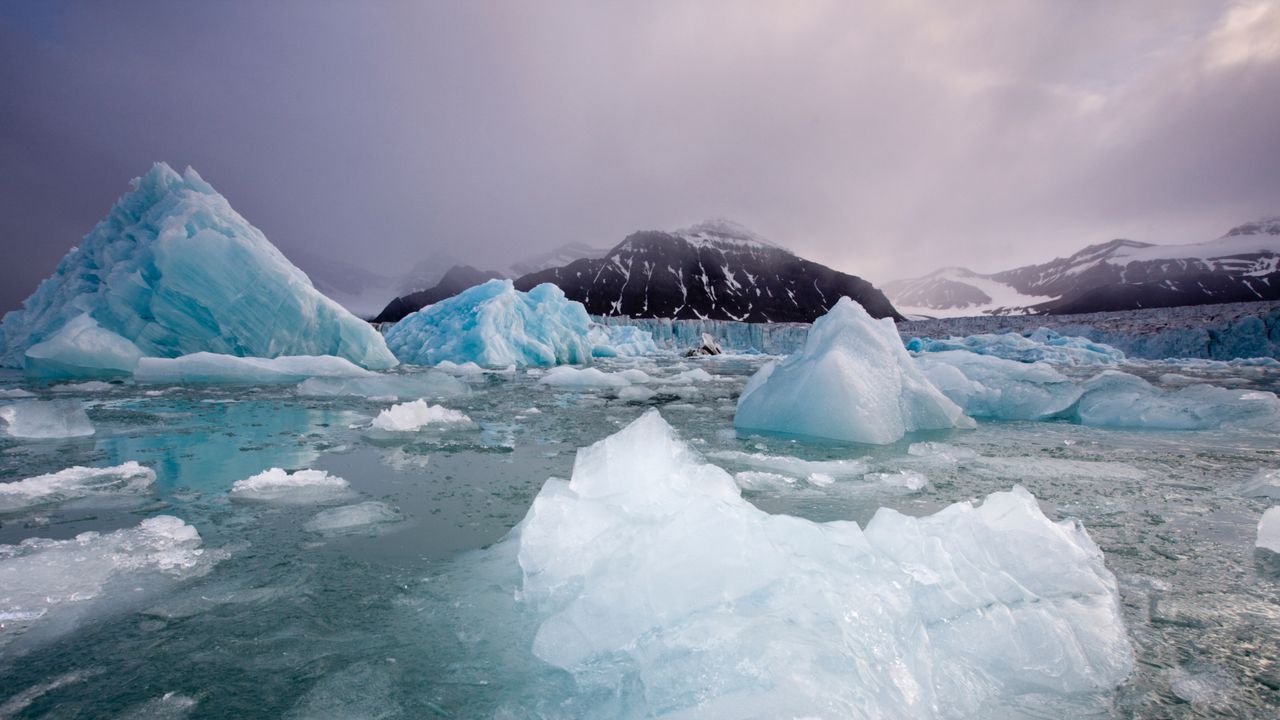A New Study Indicates Forest Regeneration Provides Climate Benefits, but Won’t Offset Fossil Fuels
PositiveScience

A new study highlights the importance of forest regeneration in climate policy, suggesting it should work alongside emissions reductions rather than serve as a substitute. This finding is crucial as it emphasizes a holistic approach to tackling climate change, recognizing that while forests can help mitigate some effects, they cannot fully counteract the impact of fossil fuel emissions.
— Curated by the World Pulse Now AI Editorial System







